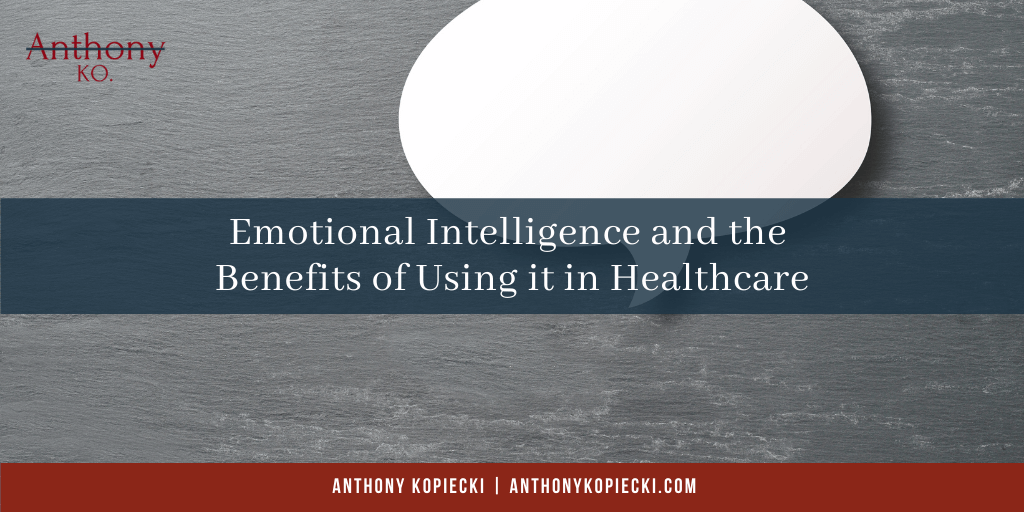A successful health care provider must have many skills to become proficient at their job. Medical training is only one skill that must be utilized during the process of working with patients. Compassionate care and emotional intelligence are essential when working in any healthcare organization.
What Is Emotional Intelligence?
There are different types of intelligence: Cognitive intelligence measures analytical and logical thinking, and emotional intelligence, unlike cognitive intelligence, focuses on daily environmental pressure, self-awareness, and relationships. Emotional intelligence involves recognizing one’s own emotions as well as the emotions of others.
By becoming self-aware, feelings are usually easier to manage. Once feelings are recognized in the self, they can also be recognized in others.
Why Is Emotional Intelligence Important in A Medical Setting?
Emotional intelligence is crucial for healthcare providers for a variety of reasons. Patients can often feel a loss of control or extreme sensitivity when faced with a medical issue. Learning how to respond to the emotions of a patient can help aid in the recovery process. In addition to empathizing with the patient, emotional intelligence can help the healthcare provider self regulate emotions if in a tense or high-stress situation.
Social skills are a crucial part of healthcare. Those who demonstrate a great understanding of emotional intelligence can put both coworkers and patients at ease while effectively communicating what needs to be said or done. Working well in a group is often crucial when providing healthcare that is required. Without emotional intelligence, social collaboration is almost impossible.
Although emotional intelligence is beneficial in every environment, it is especially necessary in hospital settings. Hospitals are generally high-stress environments for both healthcare providers, patients, and families. Health can be uncertain during these times, and the stakes are often high. Knowing how to manage one’s own emotions to help others better is an emotional skill that sometimes must be learned.
Those who have high emotional intelligence are often motivated to help others. As a healthcare provider, helping others can shift from an emotional job to a technical one. Sometimes it is easier to focus on paperwork or a procedure itself rather than one’s feelings or the feelings of others. To provide a beneficial healthcare service, both analytical and emotional skills are necessary for the profession.


